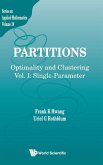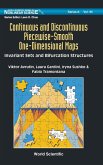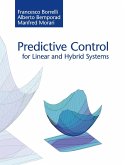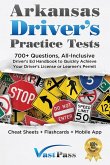This penultimate volume contains numerous original, elegant, and surprising results in 1-dimensional cellular automata. Perhaps the most exciting, if not shocking, new result is the discovery that only 82 local rules, out of 256, suffice to predict the time evolution of any of the remaining 174 local rules from an arbitrary initial bit-string configuration. This is contrary to the well-known folklore that 256 local rules are necessary, leading to the new concept of quasi-global equivalence. Another surprising result is the introduction of a simple, yet explicit, infinite bit string called the super string S, which contains all random bit strings of finite length as sub-strings. As an illustration of the mathematical subtlety of this amazing discrete testing signal, the super string S is used to prove mathematically, in a trivial and transparent way, that rule 170 is as chaotic as a coin toss. Yet another unexpected new result, among many others, is the derivation of an explicit basin tree generation formula which provides an analytical relationship between the basin trees of globally-equivalent local rules. This formula allows the symbolic, rather than numerical, generation of the time evolution of any local rule corresponding to any initial bit-string configuration, from one of the 88 globally-equivalent local rules. But perhaps the most provocative idea is the proposal for adopting rule 137, over its three globally-equivalent siblings, including the heretofore more well-known rule 110, as the prototypical universal Turing machine.
Hinweis: Dieser Artikel kann nur an eine deutsche Lieferadresse ausgeliefert werden.
Hinweis: Dieser Artikel kann nur an eine deutsche Lieferadresse ausgeliefert werden.

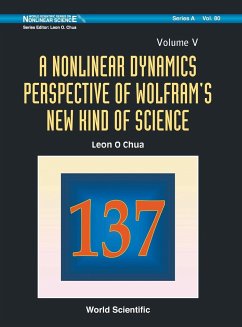
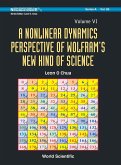
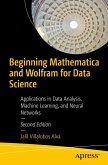
![CHAOS, CNN, MEMRISTORS AND BEYOND [DVD] CHAOS, CNN, MEMRISTORS AND BEYOND [DVD]](https://bilder.buecher.de/produkte/36/36549/36549114m.jpg)
